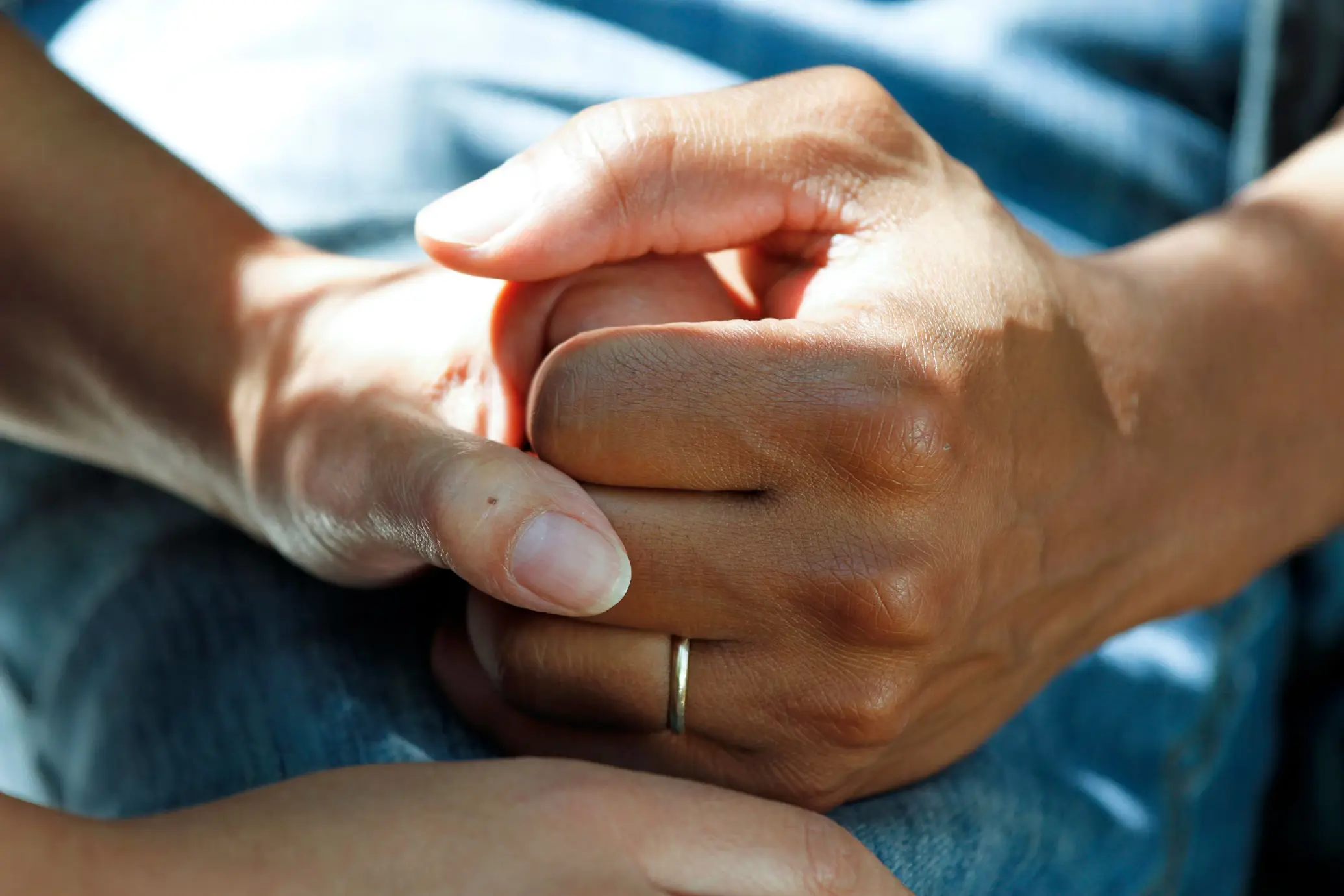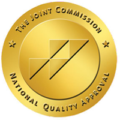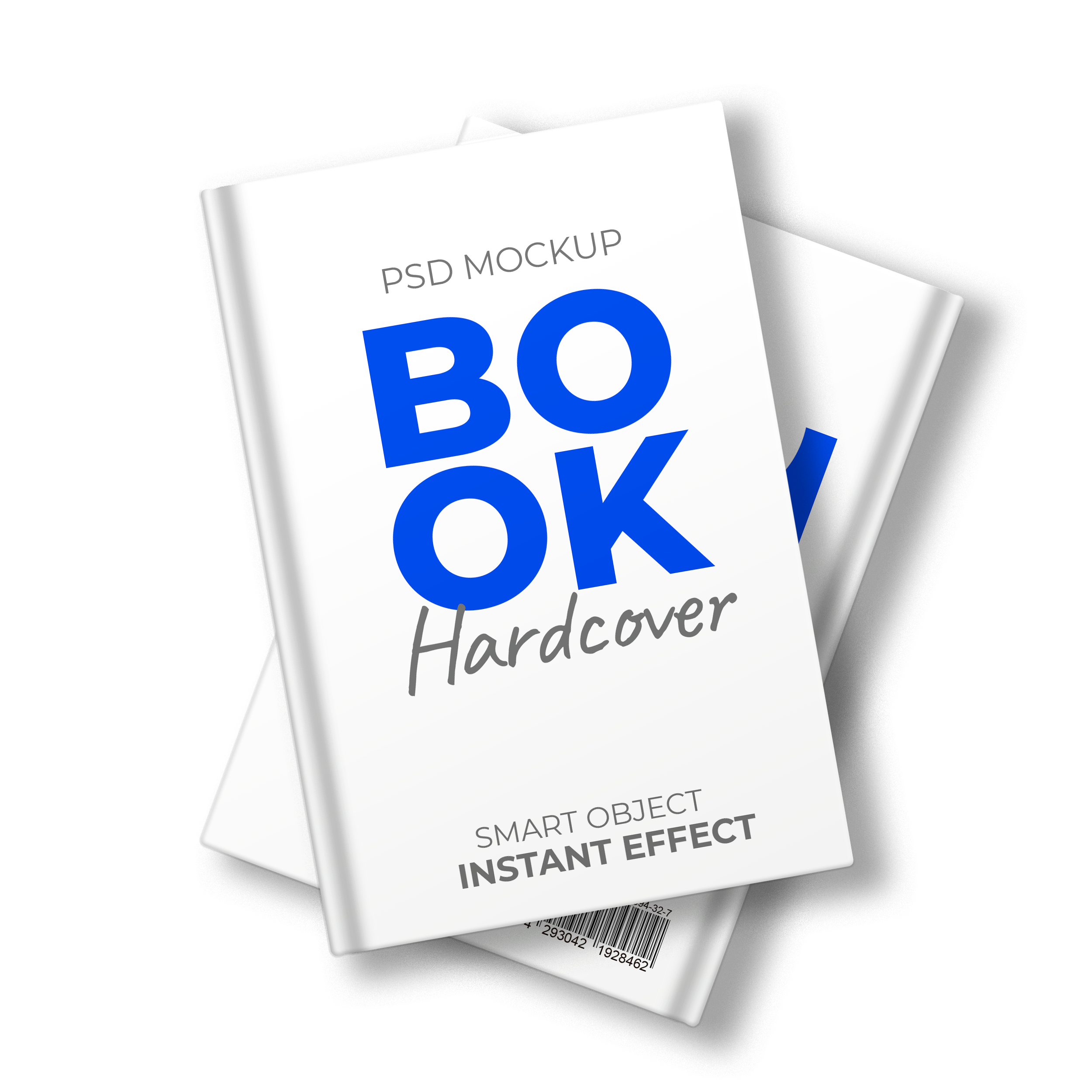Co-occurring disorders refer to a scenario where mental health disorders coexist alongside substance abuse disorders, although they can exist independently. Such conditions are known to interact with each other and can undoubtedly worsen the respective outcomes. Hence, identifying the warning signs is highly significant in offering effective support and treatment for individuals having this dual diagnosis.
Usually, the treatment addresses both aspects of the concurring ailments concurrently, requiring a nuanced, personalized care approach. By providing comprehensive care, including counseling, medication, and rehabilitation, healthcare professionals can address critical facets of clients’ recovery and help them lead healthy, fulfilling lives.

How Do Co-Occurring Disorders Link to Substance Abuse?
Substance abuse frequently coincides with the occurrence and manifestation of mental disorders. Anxiety, depression, and psychosis are prevalent conditions that individuals struggling with substance abuse may encounter. The use of drugs or alcohol can trigger or intensify these mental health issues, resulting in more pronounced symptoms that escalate when substances are misused. Addressing substance abuse and mental health concerns is crucial to facilitate comprehensive healing and enhance well-being.
Signs of Co-occurring Disorder and Substance Abuse
Caregivers must recognize the indications of substance abuse and mental health disorders to provide effective support and intervention. Substance abuse symptoms encompass a wide range of alterations in behavior, such as aggression, social isolation, and heightened impulsivity. Furthermore, substance abuse disorders are commonly accompanied by mood fluctuations. In addition, extreme elation, despondency, and potentially physical manifestations, such as tremors or bloodshot eyes.
Similarly, signs of a mental health disorder may involve excessive apprehension, recurring panic attacks, utter hopelessness, intrusive thoughts, cognitive disarray, impaired concentration, and other manifestations. Mental health symptoms, such as headaches or digestive issues, may accompany physical ailments.
By recognizing these various indicators, individuals experiencing the co-occurrence of these conditions can seek appropriate assistance and access the necessary resources for their well-being and recovery. With the right guidance and support, recovery is possible, and those grappling with these difficulties can lead fulfilling and meaningful lives.
Getting Help for Co-Occurring Disorders & Substance Use Disorder
Acknowledging the significance of co-occurring disorders lies in recognizing that individuals grappling with a mental health disorder and substance use disorder simultaneously require immediate and expert assistance. The intricacies of such conditions demand tailored and conscientious treatment approaches. This includes, among other things, careful consideration of each individual’s specific needs and experiences to aptly address both disorders. Through appropriate therapy and unwavering support, individuals contending with the complex interplay between substance abuse and co-occurring disorders can acquire the necessary tools to skillfully regulate their emotions in a manner that promotes overall well-being. By navigating these complexities, individuals can begin to emerge from the grip of these challenging conditions and live fulfilling and productive lives.
Treatment Modalities for Treating Co-Occurring Disorders & SUD

In the realm of treatment, adopting a comprehensive and multifaceted approach becomes imperative in empowering individuals to effectively navigate the challenges posed by co-occurring disorders and substance use disorders (SUDs). Considering the diverse array of symptoms and individual requirements, an effective treatment plan typically encompasses a spectrum of therapeutic modalities. Cognitive Behavioral Therapy (CBT) and Dialectical Behavioral Therapy (DBT) have demonstrated notable efficacy in aiding individuals grappling with mental health concerns and SUDs. Furthermore, including family therapy or participation in support groups can offer additional benefits and support throughout the recovery journey. By embracing this holistic treatment framework, individuals are equipped with the tools and resources to foster healing, promote personal growth, and cultivate resilience in adversity.
Inpatient Rehab Centers in LA Support Co-Occurring Disorders
Researching and settling on an appropriate rehabilitation center is critical, particularly for individuals with co-occurring disorders. A top-notch rehabilitation facility must have a profound understanding of the complex nature of co-occurring disorders. The have to be adequately equipped to provide customized support.
Inpatient drug rehabilitation centers concentrate on co-occurring disorders by providing a secure and supportive environment. Clients can access the comprehensive care and treatment they need. The on-site medical staff and counselors give round-the-clock support. That’s meaningful for those with co-occurring disorders as it ensures continuous care and attention. Moreover, a highly structured and systematic approach to inpatient rehabilitation supports individuals with co-occurring disorders. They develop healthier coping mechanisms and foster positive habits. This approach facilitates long-term stability and growth. It helps them transition into a healthy and productive life outside the rehabilitation facility.
Medication-Assisted Treatment for Co-Occurring Disorders in Los Angeles, CA
Co-occurring disorders are also known as dual diagnosis. These terms describe the presence of both a substance use disorder and a mental health disorder in an individual. Treating co-occurring disorders can present unique challenges and requires a comprehensive approach that addresses both disorders concurrently. A common misconception is that treating one disorder will inherently treat the other. However, this is not the case. To achieve sustainable recovery, they address the interplay between the two disorders. They provide comprehensive care that addresses them in tandem.
Medications can be integral to the comprehensive treatment approach for co-occurring disorders. For instance, antidepressants can be employed to effectively alleviate symptoms of depression, enabling individuals to engage in therapy actively. Similarly, medication-assisted treatment (MAT) aids in managing cravings and withdrawal symptoms experienced by individuals grappling with substance abuse.
In addition to medication, aftercare planning is another vital aspect of co-occurring disorder treatment. It entails formulating a comprehensive plan for ongoing care and support once individuals transition from the inpatient rehab center. A well-designed relapse prevention plan incorporates continued therapy sessions. Clients should actively participate in support groups. There they’ll make strategies for maintaining sobriety and effective management of mental health symptoms.
To summarize, comprehensive care that addresses substance use and mental health disorders is crucial for individuals with co-occurring disorders. Avedis Recovery Centers specialize in providing this type of care, ensuring a safe and supportive environment conducive to their healing journey. Our compassionate and dedicated staff members assist those facing co-occurring disorders, empowering them to develop healthier emotional regulation techniques and achieve sustainable recovery.









